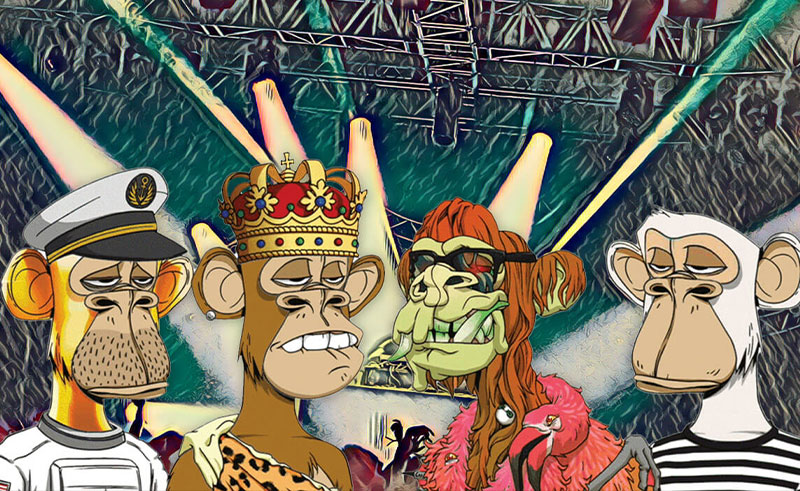
NFTs are a form of digital asset that is unique and non-interchangeable, making them perfect for use in the music industry as a way to create digital scarcity and increase monetization opportunities. This article will explore the benefits that NFTs have in the music industry and the strategies for developing successful music-based NFTs.
What are NFTs?
NFTs are non-interchangeable assets but in digital form. They are built on the Ethereum blockchain and can represent various digital assets, including artwork, music, and other types of digital content. Unlike traditional cryptocurrencies, though, NFTs are not at all interchangeable, and each token essentially is a representation of a unique item, which makes them ideal for use in the music industry, as it allows artists to create digital scarcity and monetize their work in new ways.
NFTs are stored in a digital wallet, just like cryptocurrencies, and can be bought and sold in the same way. The Ethereum blockchain is a distributed ledger technology that allows users to securely store, track, and transfer digital assets. This makes it perfect for use in the music industry, as it allows artists to securely store and transfer their digital assets and monetize them in new ways.
NFTs are also immutable, meaning that once they are issued, they cannot be changed or altered. This makes them perfect for use in the music industry, as it ensures the authenticity of an artist’s work.
Benefits of NFTs in the Music Industry
NFTs are revolutionizing the music industry by offering a new way for artists to monetize their work. Artists can now issue NFTs to represent their music, and fans can purchase these tokens to own a piece of the artist’s work. This has opened up a whole new revenue stream for artists and allowed them to bypass the traditional music industry.
NFTs also allow fans to purchase and own an artist’s work in a secure and verifiable way. This is something that was not possible before, as there was no safe way to transfer digital assets. NFTs also ensure the authenticity of an artist’s piece and prevent any third parties from altering the artist’s work without the artist’s permission.
In addition, NFTs are creating new opportunities for collaboration between artists. Artists can now easily collaborate on projects and share profits from the sale of their NFTs.
Strategies for Creating Successful NFT Music Projects
Creating successful NFT music projects requires an understanding of the technology, an understanding of the music industry, and a clear strategy for monetization.
First, as mentioned, you need to have a clear understanding of the technology. You need to understand how NFTs work, how they can be used to represent digital assets, and how they can be used to monetize music.
Second, you need to have a clear understanding of the music industry. You need to understand the different monetization strategies available within that sector, the types of fans that will be interested in your project, and the types of content they will be interested in.
Third, you need to have a clear strategy for monetization, as discussed, and within that, you need to think about the platforms you’ll use, like OKX.com, and what type of content you will create. You also need to decide how you will market your project and how you will engage with fans.
Conclusion
NFTs are revolutionizing the music industry by providing a new way for artists to monetize their work. They are creating new opportunities for collaboration between artists and new ways for fans to purchase and own an artist’s work. They are also creating new opportunities for engagement between artists and fans. Watch this space, as the music industry will undoubtedly be changed further as NFT popularity grows.
Leave a Reply